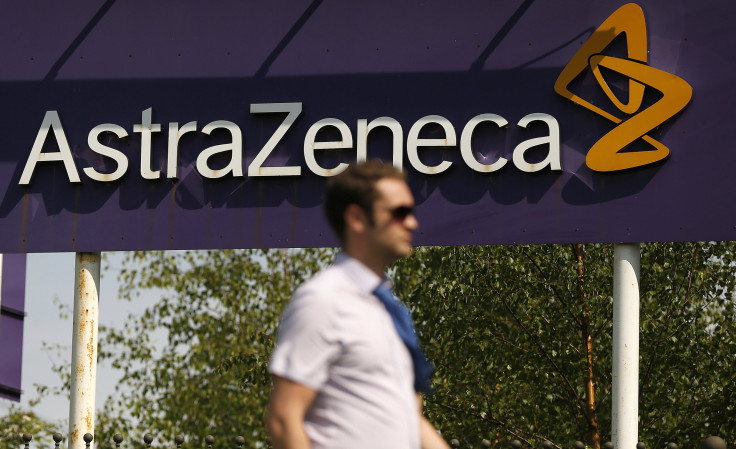Cancer Drug Combination Demonstrates Possible ‘Breakthrough’ In Trials: Report

An anti-cancer drug from AstraZeneca PLC demonstrated a possible “breakthrough” in trials, the Financial Times reported Sunday.
A combination of two AstraZeneca drugs — durvalumab and tremelimumab — “showed potential against” tumors that haven’t normally responded to so-called cancer immunotherapies, the paper said.
The Financial Times cautioned the study, published in the the Lancet Oncology, was relatively small — 26 people with a common type of lung cancer — and that there is “a long way to go before immunotherapies” can realistically be considered “wonder drugs.”
Still, the combination of the two drugs from the British drugmaker generated a significantly higher response rate than durvalumab alone. The combination of durvalumab and tremelimumab produced a 29 percent response rate among patients with less aggressive tumors while only 5 percent of those patients saw responses with only the former drug, the Times wrote.
Most immunotherapies from other major drugmakers have focused on developing cures for aggressive, “PD-L1 positive” tumors, with limited success. But the majority of tumors are not PD-L1 positive, the paper wrote, leaving a void for AstraZeneca and other pharmaceutical companies to try to fill.
The Times said AstraZeneca intends to seek regulatory approval for the combination of durvalumab and tremelimumab, rather than durvalumab alone.
© Copyright IBTimes 2024. All rights reserved.






















